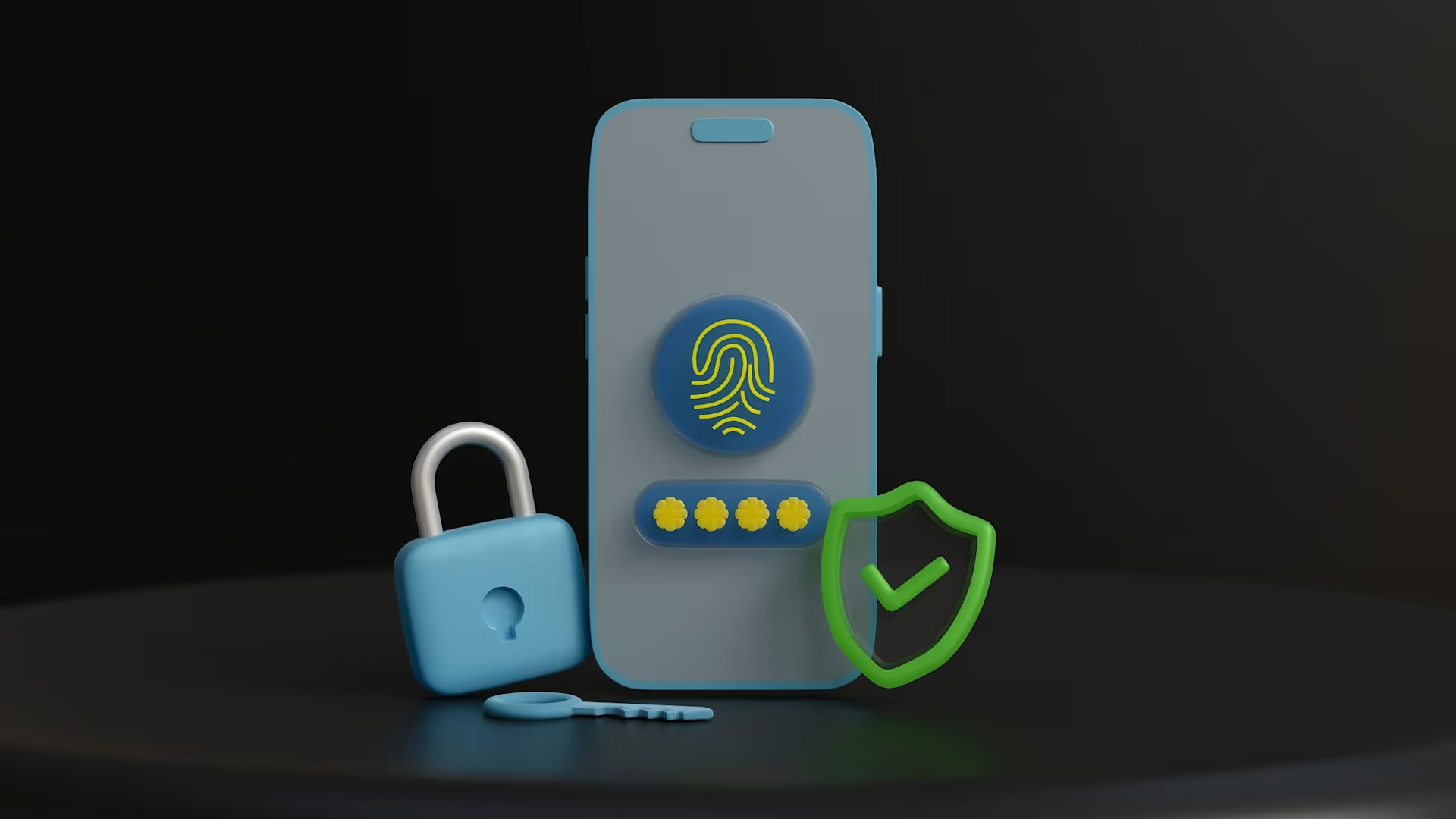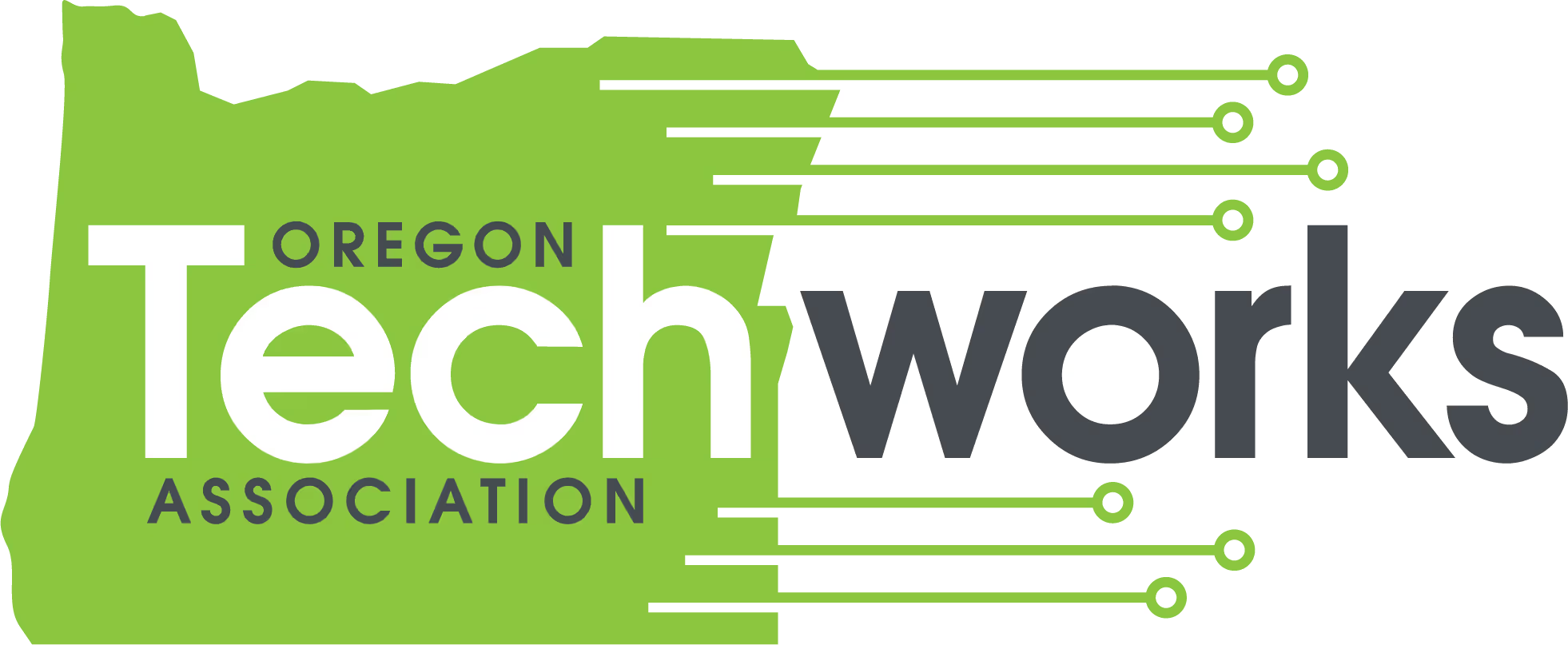Is Your Chatbot Listening Too Closely? What You Need to Know About AI Tools and Data Privacy
AI chatbots like ChatGPT, Gemini, Microsoft Copilot, and the newly launched DeepSeek have quickly become everyday tools. Whether for work, at home, or everywhere in between, they’re helpful little assistants. These platforms draft emails, generate content, or manage your grocery list, making tedious tasks easier in ways that seemed futuristic just a few years ago.
But behind all that convenience is a growing concern that’s easy to miss: Where is your data going, and who has access to it?
While Chatgpt and co are helpful, our input is what helps them grow. They’re always collecting data and continuously learning from what you share. Some platforms are more transparent than others, but data collection is always part of the deal.
So the real question becomes: How much of your data are these tools gathering, and what happens to it once it's shared?

How AI Chatbots Collect and Use Your Data
When you use AI tools, your inputs don’t stay between you and the bot. It all goes towards improving their performance and has to be stored somewhere. Each platform handles your data a bit differently.
1. Data Collection
AI platforms process your inputs to generate responses. That could include personal details, internal business data, or proprietary information—often without clear limits on how that data is used or stored.
2. Data Storage
- ChatGPT (OpenAI): Collects prompts, device info, location, and usage data. Information may be shared with vendors to “improve services.”
- Microsoft Copilot: Gathers similar data, plus browsing history and app usage. Data may be used for ad targeting or training AI models.
- Google Gemini: Logs interactions to enhance its products and machine learning. Human review is possible. Data may be retained for up to three years, even after deletion.
- DeepSeek: Captures prompts, location, device info, and even typing behavior. Data is used for training and advertising. It is stored on servers in the People’s Republic of China.
3. Data Usage
The data we provide is used to refine the chatbot’s performance, which is common knowledge. How it’s handled beyond that purpose is often vague. Concerns around consent, ownership and security are valid in the discussion around data privacy.

The Risks You Need to Know
While these tools may feel harmless, they can present real risks. Businesses handling sensitive or regulated data should be especially cautious when using these tools in what they’re allowing them to hear.
Privacy Gaps
Data shared with a chatbot may be accessible to developers, vendors, or internal reviewers. For example, Microsoft Copilot has faced scrutiny for exposing confidential files due to overly broad permissions.
(Source: Concentric)
Security Vulnerabilities
AI tools integrated into business systems expand the attack surface. Recent reports revealed Copilot could be manipulated to perform spear-phishing attacks and other malicious activities.
(Source: Wired)
Compliance Challenges
Organizations regulated by laws like GDPR or HIPAA face significant risks when using AI tools that store or send data internationally or don't have clear data handling practices. Some companies have already banned the usage of AI tools altogether.
(Source: The Times)
What You Can Do About It
Instead of thinking you now have to ban AI tools from your life, learn to use it with intention.
Be Mindful of What You Share: Never share sensitive or personally identifiable information.
Read the Fine Print: Review privacy policies and data usage terms. Some platforms, like ChatGPT, for example, allow you to opt out of data retention.
Use Enterprise Tools: Platforms like Microsoft Purview offer robust data governance and compliance tools for business use.
Stay Informed: AI evolves quickly. Stay updated on privacy settings, policy changes, and security enhancements.
Bottom Line
AI chatbots offer incredible efficiency, but they also introduce new risks. As these tools become embedded in your day-to-day operations, data governance and cybersecurity must be part of the conversation.
Want to know how your business stacks up when it comes to AI readiness and data protection?
Start with a FREE Network Assessment
We’ll help you identify hidden vulnerabilities, evaluate your current controls, and develop a strategy to keep your systems secure—no matter what tech comes next.
Schedule your free assessment now
Ready to become a member?
Reach out today to discover all the ways Techworks can help your tech company thrive.


